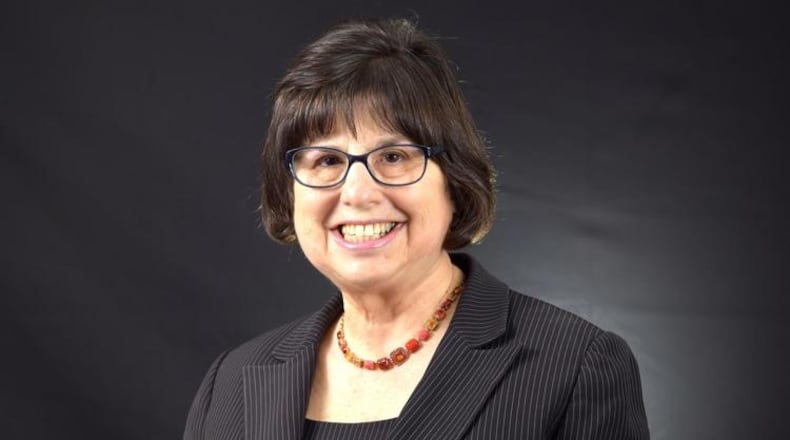Curricula in many states has been cleansed of certain topics: gender, the history of minority groups, and the broad category of “diversity, equity and inclusion.” Even more insidious than the silence on these topics is the insertion of other “must teach” topics. Many are familiar with mandates to teach reading in a particular way. But there are also moves to insert values relating to small government and unregulated capitalism. Various education organizations, such as the National Council for Social Studies, have taken public stands against some of these efforts.
It seems logical to call on universities, in their teacher preparation programs, to arm teachers, educationally speaking, to enter such battlegrounds, preparing them with knowledge. Sadly, even our colleges and universities have been pressured to remove “diversity and inclusion” curricula and other topics of controversy. Clearly this is a time to move forward wholly cognizant of the landscape.
Teacher preparation programs must move forward with sound content in history, science, mathematics, reading, writing and literature. And they must continue to stress critical thinking, and ways to develop students who are critical thinkers.
But today’s teachers must be armed with additional survival skills. In order to be educational leaders, they must become skilled at engaging their communities. An overlooked reality is that the noisiest voices do not always speak for the majority. While some have attempted to characterize skirmishes as defending “parent rights,” many parents oppose attacks on library content. A number of parents wish to defend their LGBTQI children, or families.
The next generation of teachers must be accomplished at networking among peers, so that no vulnerable teacher stands alone. Those who have been willing to provide safe spaces for challenged students must also know how to find their own sheltering communities.
In times such as this, even these steps must be acknowledged as being revolutionary. But, viewing today’s landscape, and children being harmed, every small step is critically important.
Susan Tave Zelman is co-author of The Buying and Selling of American Education: Reimagining Education for All Students. She is also a former state superintendent of education for Ohio.
About the Author
